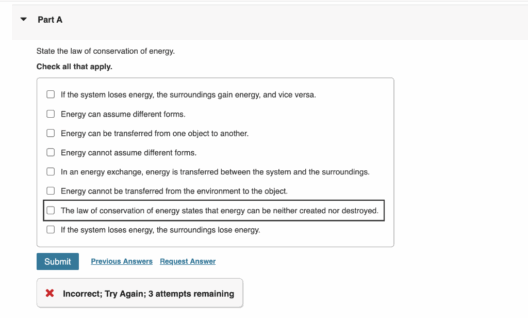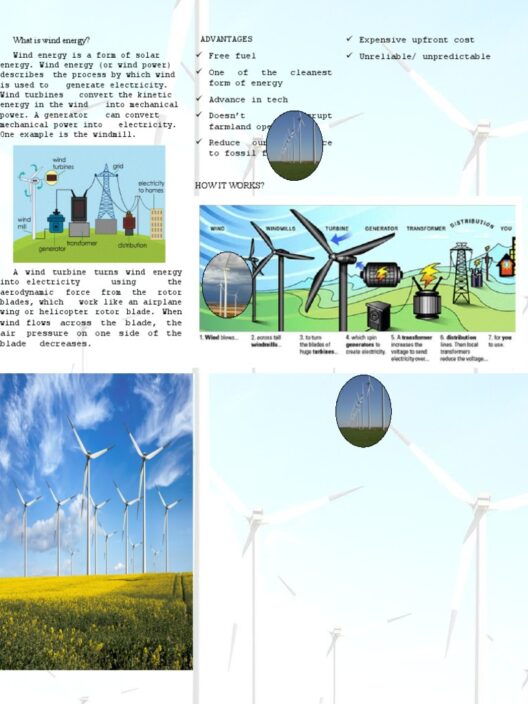Global warming is no longer a distant threat; it is a present reality that necessitates immediate action. The consequences of a warming planet are profound, affecting ecosystems, weather patterns, and human societies. However, understanding the urgency of this crisis can spur effective action. Here, we explore practical strategies that individuals and communities can adopt to combat global warming and create a sustainable future.
Understanding the intricate relationship between human activities and climate change is essential for effective intervention. The burning of fossil fuels, deforestation, and industrial processes contribute significantly to greenhouse gas emissions, leading to a rise in global temperatures. Nevertheless, there exist myriad opportunities for individuals to combat this escalating dilemma through practical and actionable steps.
One of the most impactful ways to take control of global warming is through mindful consumption.
Rethinking Consumption: The Power of Choice
Conscious consumerism begins with the choices we make daily. Opting for sustainably-produced goods can help mitigate the adverse effects of climate change. This includes selecting products with minimal packaging, supporting local businesses, and prioritizing items with eco-friendly labels. The ethos of “reduce, reuse, recycle” resonates deeply in this context. By consciously reducing waste, individuals can significantly lessen their carbon footprint.
Adopting a plant-based diet is another effective means of combatting global warming. The meat and dairy industries are among the largest contributors to greenhouse gas emissions, partly due to the methane produced by livestock. Transitioning toward a diet rich in fruits, vegetables, whole grains, and legumes not only promotes personal health but also reduces environmental strain. In many cases, simply reducing meat consumption can usher in significant reductions in one’s carbon emissions.
Beyond individual choices, community initiatives can amplify the impact of sustainable consumption.
Community Action: Building a Collective Force for Change
When individuals come together, the potential for change multiplies exponentially. Establishing or joining local environmental groups can catalyze communal efforts towards sustainability. Engaging in community gardening not only fosters food independence but also encourages biodiversity. Gardens can act as carbon sinks, absorbing CO2 and providing habitats for diverse species.
Local governments play a pivotal role in implementing change. Advocating for policies that promote green spaces, renewable energy sources, and sustainable public transportation can yield significant benefits. Community-wide programs such as composting initiatives, tree-planting events, and recycling drives can galvanize participation and increase awareness of global warming issues.
Moreover, community education programs serve a dual purpose: fostering environmental literacy and empowering individuals to act. Workshops about renewable energy, sustainable agriculture, and conservation techniques can equip residents with the necessary tools to combat climate change effectively.
Transitioning to Renewable Energy: The Shift Towards Sustainability
The reliance on fossil fuels is a significant driver of global warming. Transitioning to renewable energy sources such as solar, wind, and geothermal power is not only beneficial to the planet but increasingly feasible for households and businesses alike.
By installing solar panels, individuals can harness the sun’s energy, drastically reducing their dependency on fossil fuels. Moreover, many governments offer incentives and tax breaks to encourage this transition, making solar energy a viable investment. Wind energy, through small-scale turbines, is another exciting avenue. Communities can explore the feasibility of local wind farms, generating clean energy and providing jobs.
Investments in energy efficiency can also yield substantial returns. Upgrading to energy-efficient appliances, enhancing home insulation, and utilizing programmable thermostats dramatically reduce energy consumption. Simple adjustments, such as turning off lights when not in use or minimizing water heating, can contribute to conserving energy and reducing emissions.
Rethinking urban infrastructure is equally vital. Smart city planning that prioritizes public transport, cycling, and pedestrian-friendly paths can lead to reductions in vehicular emissions. Encouraging the use of electric vehicles through the installation of charging stations can also promote a shift away from traditional gasoline-powered cars.
Education and Advocacy: Spreading the Message
To crystallize a collective effort against global warming, education remains paramount. Knowledge empowers action, and sharing insights about climate change can inspire others to adopt sustainable practices. Organizing workshops, webinars, and information sessions can help disseminate crucial information about the causes and effects of global warming.
Moreover, becoming an advocate for the environment can take many forms. Engaging with policymakers, participating in climate marches, or utilizing social media to raise awareness can amplify individual voices. Organizations and coalitions committed to climate justice advocate for those disproportionately affected by environmental degradation, ensuring that every voice is heard in the fight for a sustainable future.
In conclusion, confronting global warming is a multifaceted challenge that demands immediate and sustained action. Individuals, communities, and governments must collaborate to implement practical strategies that address this pressing issue. Through mindful consumption, community collaboration, renewable energy adoption, and educational advocacy, we can take decisive steps toward restoring balance to our planet. The time to act is now; the future of our environment depends on it.







